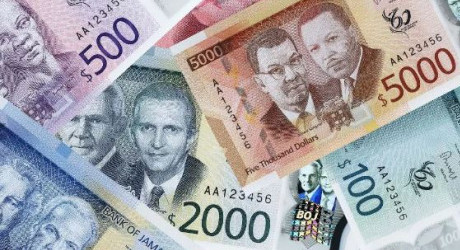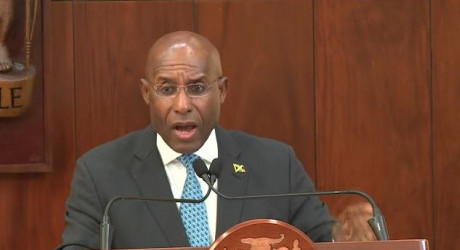Former US President Jimmy Carter has died, aged 100.
The news of his passing was announced by his foundation, the Carter Center.
The Centre said he died on Sunday afternoon in Plains, Georgia, where he spent most of his life.
Mr Carter served as the 39th president for one term, from January 1977 until January, 1981, and was the longest-lived president in US history.
He had some noteworthy foreign policy achievements, the most significant of which was the Camp David Accord, in which he brokered peace between the neighbouring states of Israel and Egypt. He also instigated the later handing over of the Panama Canal to the Panamian people.
He faced a series of intractable foreign and domestic challenges, including the Iran Hostage Crisis and the Oil Price Crisis, and was defeated in his re-election bid by Ronald Reagan in November, 1980.
Jimmy Carter spent his long post White House years working on a range of humanitarian and peace-building causes at home and around the world, and in 2002 was awarded the Nobel Peace Prize for his tireless work in furtherance of global peace.
Last year it was announced he would receive hospice care at home.
Mr Carter had been suffering various health issues, including a melanoma that spread to his liver and brain.
Carter and Jamaica
Jimmy Carter developed a close relationship with Jamaica and its people, both during and after his presidency.
Just four months after he took office in 1977, he sent First Lady Rosalynn Carter to meet with Prime Minister Michael Manley at Jamaica House as part of an effort to improve fractured relations with Jamaica and several Latin American states.
Regarding that trip, he set out his aspirations in his diary entry on the day of Mrs Carter's departure on May 30, 1977: “My hope and expectation are that her conversations will both convince the people of these countries of our interest and friendship and also provide the leaders with an avenue directly to me for their problems, opportunities and requests from our own government.”
He later sought and received Jamaica's support at the United Nations in a vote on Iran sanctions in 1979.
Then, in 1997, the former President led the first international observer mission overseeing an election in Jamaica, held on December 18 that year.
In a recorded message to the Jamaican people, five days before the polls, he extolled the virtues of the country's democratic traditions, but noted that it had been marred in recent times by political violence.
The aim of his oberver mission therefore was to support the efforts of local organizations such as the then recently formed Citizens' Action for Free & Fair Elections [CAFFE] along with the political parties, "to contribute and build on this climate of peace."
"You, Jamaicans, will determine who will win the election. We are impartial, with regard to the outcome of the election. Our only hope is that we will contribute to a fair, open and free process," he stressed.
.png)






.jpg)



 All feeds
All feeds







